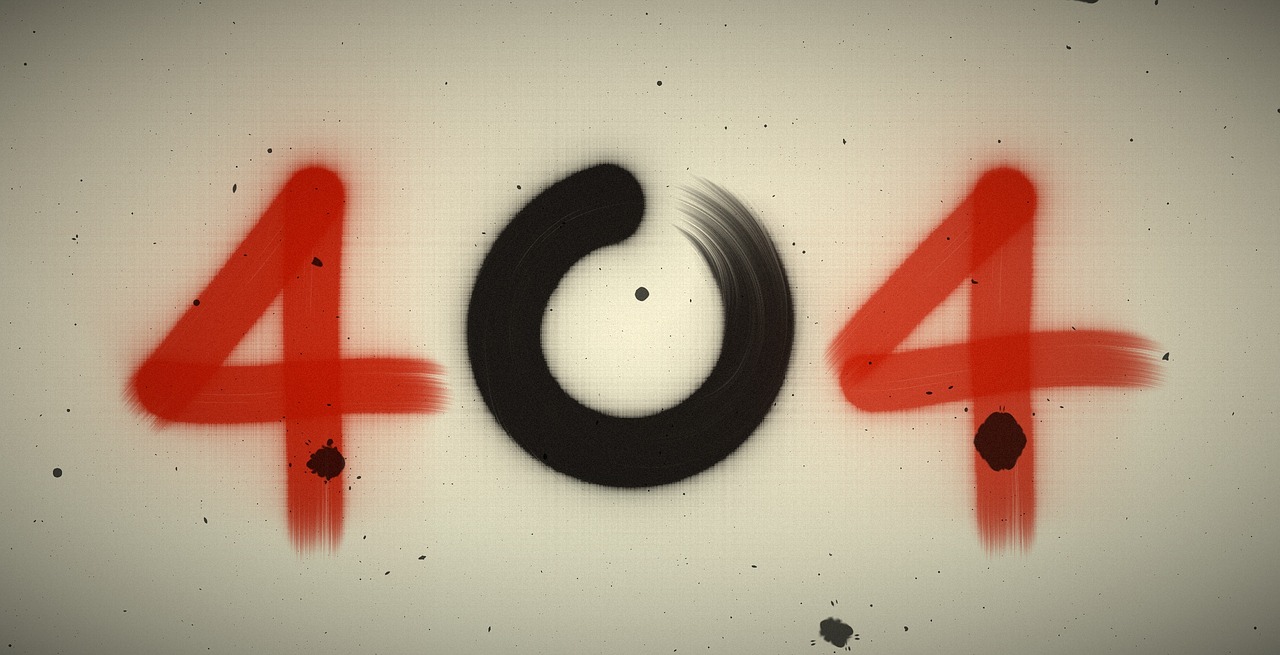Monkeys, in past, have paved the way for us to reach the moon and now Russian scientists are expecting the animals to be a key of getting a human colony to Mars. Scientists from the Russian Academy Of Science are teaching 4 rhesus macaques to travel into space and successfully land on the Mars, although it is ambiguous if they will also bring them back. This training, which includes cracking puzzles and using a joystick, would make them skilled enough to man a mission in the next 2 years. For scientific jobs such as these, monkeys are hand-reared in distinct farms, where only the brightest are selected to take part in the exploration. All 4 of the rhesus macaques in this newest study were selected for their quick-learning abilities and their intellectual abilities, explained the researchers.
The monkeys are rewarded with a sip of juice if they accomplish the task
Each day a team of scientists, directed by Inessa Kozlovskaya, trains the monkeys to hit an objective highlighted by a cursor and control a joystick. When they complete the job positively they are rewarded with a drink of juice. Once they have grasped this job the macaques will be taught to crack simple puzzles and mathematical tasks. At the end of their training they would be capable of finishing a daily agenda of tasks on their own. The scientists are hopeful that this will be accomplished by 2017. Dr Kozlovskaya said the key goal is to train monkeys to do a particular kind of tasks which they will be able to recollect.
She said “What we are trying to do is to make them as intelligent as possible so we can use them to explore space beyond our orbit, the team is also hoping that these space monkeys will be able to train others and mix them into their team.”
Macaques naturally have a lifespan of about 25 years, so it is anticipated that there is enough time to train them correctly and for them to live the six-month trip to Mars, added the researchers. The first primate to go out in the space was Albert I in June 1948 on a US military V-2 rocket. He suffocated and expired during the journey. A year later, nearly to the day, a second V-2 took Albert II to a height of 438,250ft (83 miles), the rocket returned but unluckily Albert II died on impact. In December that year, Albert IV was propelled into space wired up to machines that examined his health. He died also.












No comments